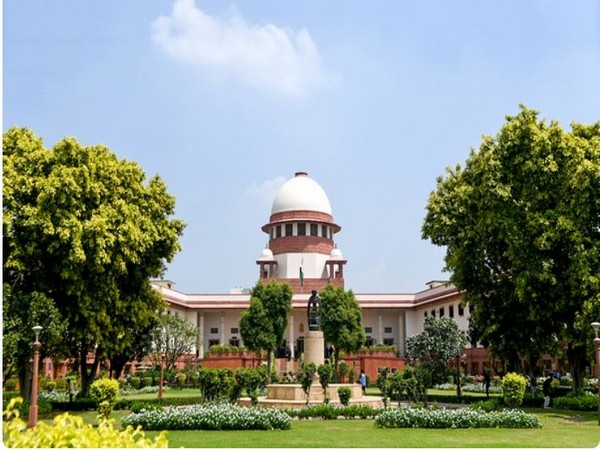Supreme Court Presses Punjab on Health Action for Farmer Leader's Hunger Strike
The Supreme Court has criticized Punjab's inadequate response to the health crisis of Jagjit Singh Dallewal, a farmer leader on a hunger strike for over 20 days. Despite initial resistance, state authorities have set up a makeshift hospital, although the court questions its sufficiency for medical intervention.

- Country:
- India
The Supreme Court on Thursday scrutinized the Punjab government for its lackluster efforts in addressing the health plight of Jagjit Singh Dallewal, a farmers' leader who has been on a fast-unto-death for over 20 days. Justices Surya Kant and Ujjal Bhuyan urged Punjab officials to deliver immediate medical care to Dallewal.
Emphasizing the need for non-coercive medical aid, the court highlighted the convener of the Samyukta Kisan Morcha (Non-Political) should receive attention without breaking his fast. Citing the example of Irom Sharmila, who fasted against the AFSPA for 16 years, Justice Bhuyan suggested hunger strikes can sustain under medical supervision.
Advocate General Gurminder Singh told the apex court about a meeting between Punjab officials and Dallewal, revealing a nearby facility called 'Haveli' has been converted into a hospital. Nonetheless, the bench expressed doubts about the adequacy of this make-shift hospital for substantial medical tests and interventions.
Concerns of physical clashes were raised if Dallewal was shifted forcibly, which Justice Kant refuted, highlighting the peaceful nature of the farmers' protest. He admonished state authorities for implying confrontational narratives.
Singh mentioned Dallewal's willingness to speak directly to the court in a virtual setting, an option Justice Kant welcomed post-recovery. The Supreme Court rescheduled the hearing to address ongoing concerns and emphasized constitutional responsibilities over the farmers' peaceful agitation.
The case stems from a challenge against the July 10th Punjab and Haryana High Court order, mandating the removal of highway barricades, initiated following the Haryana government's response to a farmers' march to Delhi in February.
(With inputs from agencies.)
ALSO READ
Hooda Criticizes Government's Tactics Against Farmers' Protests
Tensions Rise as Punjab Farmers' Protest Faces Police Crackdown
Kangana Ranaut Faces Legal Heat Over Farmers' Protest Remarks
SC takes note of farmer leader Jagjit Singh Dallewal's health, asks Punjab govt to provide medical aid without delay.
SC: No one trying to uproot farmers' protest, only trying to ensure safety of their leader Jagjit Singh Dallewal.










